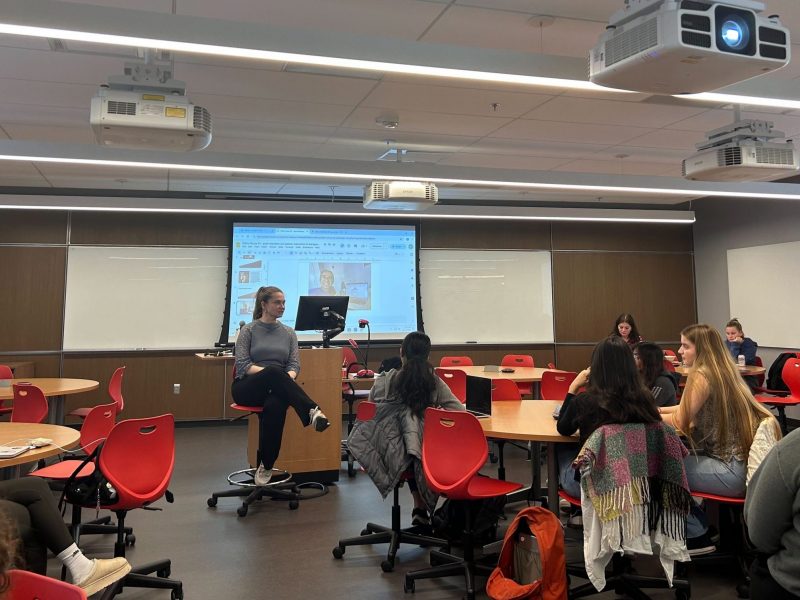By Molly McClellan
For The Diamondback
If halfway through your major requirements you realize your program is not for you, you might feel as though you’re stuck. The work might not be interesting, and you can’t see yourself having a career in this field after graduation.
For a lot of students, changing their fields could seem daunting, but with the right plan, students can switch their paths to find rewarding and exciting ones.
The first step to changing a career path is to recognize which initial interests made the student choose the original major, said Becky Weir, assistant director of student services and academic outreach at the University Career Center & The President’s Promise.
“Part of a person’s success in this whole career decision-making process is knowing about themselves and what their skills are, what their interests are, personality, values,” she said.
To help with this, the Career Center offers Focus2, an online career assessment, to help students analyze what they know about themselves and how it relates to the world of work. Focus2 can be helpful in narrowing down possible career paths, Weir said.
“[It shows] what some of those jobs titles might be about, what academic majors lead to a successful career in that career file, versus just immediately jumping into a major,” she said.
Each department also offers resources to help students decide what interests them.
Senior nutrition and food science major Olaoluwa Adeoye enrolled at this university as a cell biology and genetics major but changed her mind after talking to staff in the nutrition department.
“The department I was interested in told me how to go about the process, what to do, who I need to talk to; everybody in AGNR was really helpful in the process,” she said.
One of the biggest reasons students tend to change their career paths is that they don’t know enough about their major to begin with. Learning about the career path or major you’re interested in is vital when choosing a track to start in, but talking to people within the field is important, too.
“The best is doing informational interviews, where you’re talking to people who are doing what you think you want to do,” Weir said.
Because reaching out to a stranger could be uncomfortable for students at first, the Career Center offers Candid Career, which showcases videos of industry professionals doing informational interviews. Additionally, the Career Center has the University of Maryland Alumni Advisor Network, through which students can connect to alumni and talk about what they do in their respective fields.
While changing a major might seem like the obvious solution to being unsure about a career path, it’s not always necessary, Weir added. When looking for jobs or internships, students should focus on their skills and talents that can be used in the fields they are considering, regardless of their academic backgrounds.
Hannah Borison, a freshman education major, is in the process of changing her career path to journalism. She said she is finding new ways to develop skills for the field.
“I have been trying to emerge myself in different journalism experiences, so I shadowed the broadcasting news channel,” she said.
If it does come down to changing a career path, students should do it because they want to, on their own terms.
“The person that has the support to explore and develop strengths that match what they know about themselves tend to be much more successful than somebody that’s just in a major because they have to or they felt that they could get a job,” Weir said.



